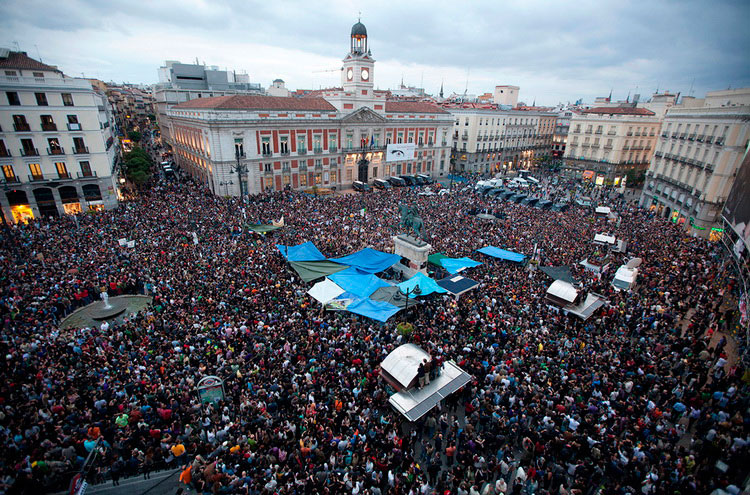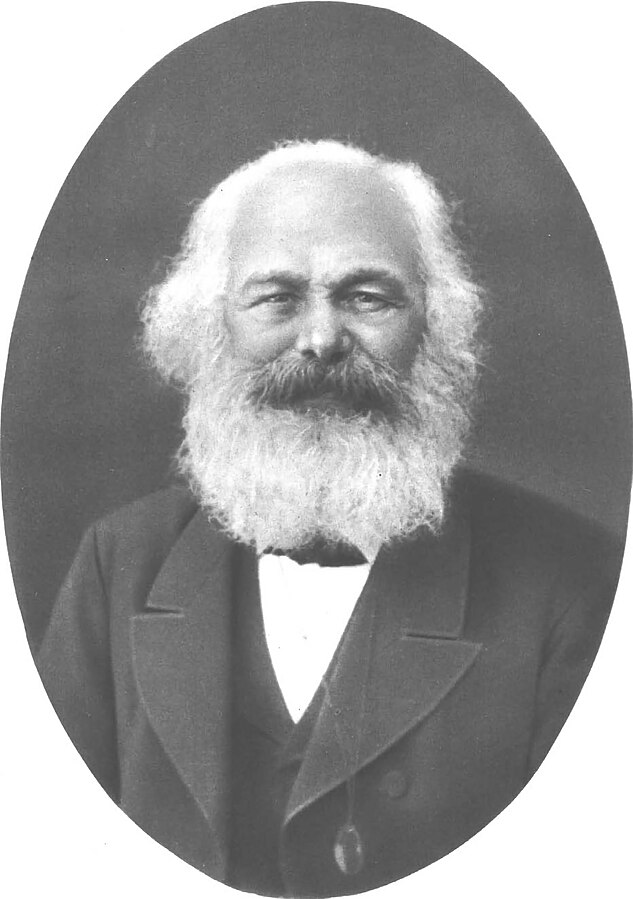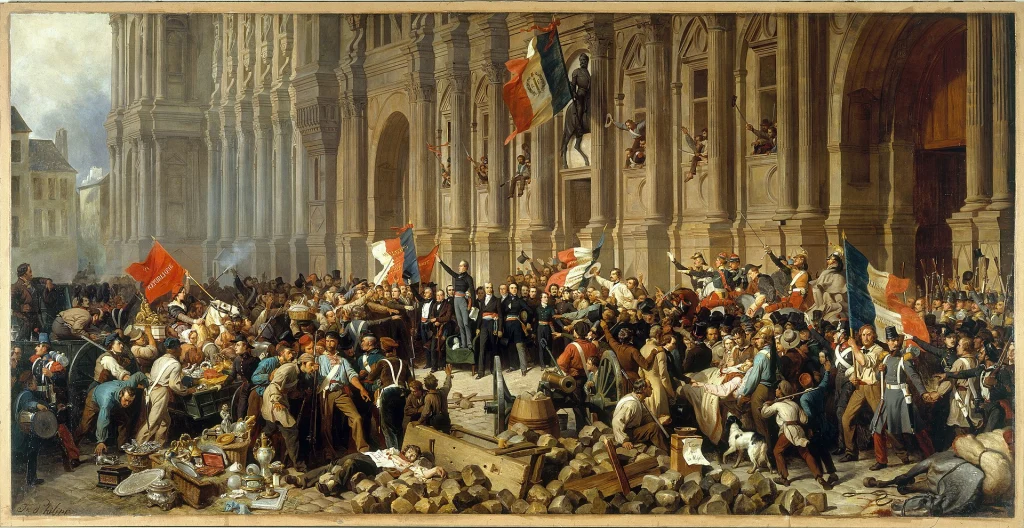Tras una serie de conversaciones durante estos días, me he acordado de aquel tumulto y aquella creatividad política de la que fuimos parte hace apenas una década: el 15M o el movimiento de «Los indignados». Qué momento tan diferente al actual, lleno de tópicos socialdemócratas, adaptación neoliberal, realismo capitalista y Realpolitik en las izquierdas. Y todo ello frente a una derecha que destila fascismo por todos sus poros. Pensando en unas cosas y otras me di cuenta de que no había compartido en el blog el texto «Politics of Indignation: Radical Democracy and Class Struggle beyond Postmodernity», un artículo que escribí tras participar activamente en las movilizaciones de 2011. Salió publicado en 2013 en la revista Rethinking Marxism -en buena medida gracias al amigo Ian Seda Irizarry, de quien he aprendido mucho en estos últimos años-. Aquí lo dejo, para recordar lo que fuimos, lo que pudimos ser y lo que podemos ser aún. Un fragmento de una memoria activa y en movimiento.
Abstract
This article analyzes the social impact, dynamics, and political organization of the Spanish revolt of the Indignados. The article starts with the emergence of the 15M in Spain, criticizing the representation of the movement in the media and exposing the political and economic conjuncture of Spain at the date of the revolt. Then it analyzes the Indignados sociopolitical phenomenon as an articulation of social
movements linked by one method of political decision and association: the assembly. After this, it tries to explore the limits and advantages of a noninstitutionalized approach towards social conflict, exposing the social changes the movement has introduced into the Spanish society. Finally, it points out the real obstacles for the 15M as a post-Fordist class movement in an attempt to understand the role of the Indignados like an alternative for political change in Spanish society.
Key Words: Indignados, Spanish Revolt, Class Conflict, Neoliberalism, Social Movements




Deja un comentario